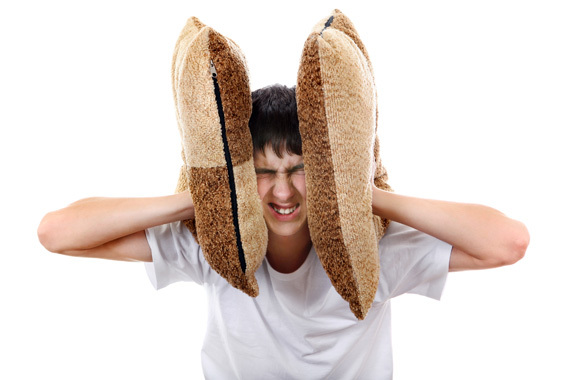I have recently started a book, almost done with it, called Quiet: The Power of Introverts in a World That Can't Stop Talking and I find it quite fascinating. I was a Psychology major when I first started college several years ago, but left the field. I still find it intriguing and when I saw this book at the local library I decided it was worth a read.
It is a study of the Introvert personality, and its place and impact on the extremely extrovert centered society we, as Americans live in. It explains a lot about what causes introversion, such as high reactive tendency towards stimuli, and also explains a bit about the opposite, low reactive tendency towards stimuli, and why these two things cause someone to become an Introvert or an Extrovert. It also discusses things such as a study that determined that a child reactions to stimuli as an infant can be quite telling as to what kind of personality, i.e. introverted or extroverted, they will have as an adult.
Has anyone here ever heard of or read this book? Does anyone have any ideas or thoughts on the topic of introversion? Basically I just wanted to start a thread to get people talking about it. It is truly a fascinating topic when you get into it.
It is a study of the Introvert personality, and its place and impact on the extremely extrovert centered society we, as Americans live in. It explains a lot about what causes introversion, such as high reactive tendency towards stimuli, and also explains a bit about the opposite, low reactive tendency towards stimuli, and why these two things cause someone to become an Introvert or an Extrovert. It also discusses things such as a study that determined that a child reactions to stimuli as an infant can be quite telling as to what kind of personality, i.e. introverted or extroverted, they will have as an adult.
Has anyone here ever heard of or read this book? Does anyone have any ideas or thoughts on the topic of introversion? Basically I just wanted to start a thread to get people talking about it. It is truly a fascinating topic when you get into it.


